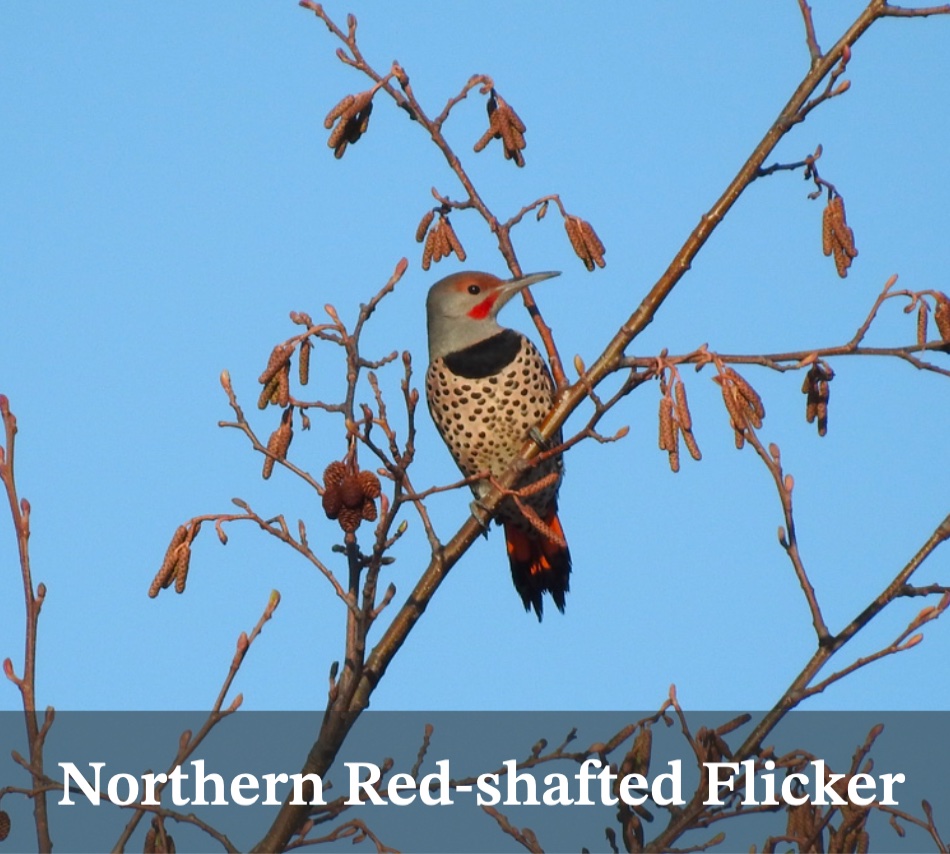| A Naturalist’s Almanac - AI vs Nature |
 |
| Written by Margo Hearne |
| 05 October 2023 |
|
Artificial Intelligence (AI) is big news these days. Even though we created it, AI could take over simply because it may be smarter than us. And, really, we’re not very smart. According to Max Tegmark, researcher with the Massachusetts Institute of Technology, “We humans have already wiped out a significant fraction of all the species on Earth...and the tricky thing is, the species that is going to be wiped out often has no idea why or how.” “In many cases,” Tegmark continues, “we have wiped out species because we wanted resources....so, if machines control the planet, and they want to scale up their computing infrastructure, it’s natural they would want to use our land for that.” We humans would just be a pest and a nuisance to AI; it could be a case of goodbye every living thing, farewell lovely blue planet and hello metal-covered ugly sphere.
Warblers are on the move. Parties of migrant Townsend’s and Orange-crowned move through the trees in feeding parties of three or four. They travel with chickadees, kinglets and creepers. A Red-shafted Flicker calls from the background and out over the sea a family of Red-throated Loons feed in the shallows. They have long left the nest and their young stay near them as they adapt to the open ocean. Their lives so far have been spent in the quiet lakes and ponds of the lowlands; it will take them a few years to mature before they can add to the next generation. Interestingly, Red-throated Loons don’t need to patter across the water’s surface to get lift as do Common Loons. They can take off directly from land if they have to; many of the lakes where they nest on Haida Gwaii are small and shal- low and don’t allow for a long take-off anyway. They are the only loon that regularly forages far from its nest. They feed in Masset Inlet or Dixon Entrance where they pick up small fish for the nestlings back home. If you hear a mellow “kwak kwak kwak kwak” overhead look up and you might see a Red-throated Loon fly- ing back and forth to its nest. They even call while carrying small fish; the parent that stayed with the chicks greets them loudly on their return. These birds nest in the higher latitudes of the world, as far away from human contact as possible, but even there they remain under threat from oceanic oil-spills and water pollution. So, speaking of intelligence, every living thing on the planet knows how to survive. They do so because of their own innate ability. If we are to survive, we cannot give all the power to AI, but we must retain our own sense of survival and practice yakguudang-respect for living things. Photos by Margo Hearne |






 That’s the downside. The upside is that we still have time. When birds fly and the sun is ablaze it’s a reminder that, like AI rampant, some things are totally out of our hands. What we have in hand are the choices we make and whether or not to pay attention to what’s going on in the natural world. So, a deep breath and out into the wild.
That’s the downside. The upside is that we still have time. When birds fly and the sun is ablaze it’s a reminder that, like AI rampant, some things are totally out of our hands. What we have in hand are the choices we make and whether or not to pay attention to what’s going on in the natural world. So, a deep breath and out into the wild.



